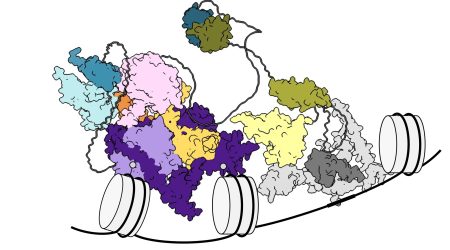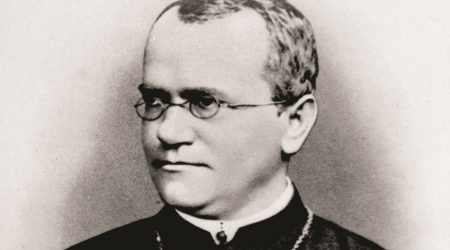Hidden map in growing buds shown to control leaf and petal shape

Why do rose petals have rounded ends while their leaves are more pointed?
In a study to be published in open access journal PLOS Biology, John Innes Centre and University of East Anglia scientists reveal that the shape of petals and leaves is controlled by a hidden map located within growing buds.
The map features arrows that direct the growth of each cell in the bud. In a leaf, the pattern of arrows converges towards the tip of the bud leading to a pointy shape, while in a petal the pattern of arrows fans out leading to a more rounded shape.
The arrows correspond to molecules, called PIN proteins, located towards the ends of each cell.
“The discovery of these hidden polarity maps was a real surprise and provides a simple explanation for how different shapes can be generated,” said Professor Enrico Coen.
The researchers uncovered the hidden maps by studying the way petals and leaves grow in the model plant Arabidopsis.
They confirmed their ideas through computer simulations and by modifying the PIN molecules so that they glow under the microscope, making them easier to see.
They also showed that petal growth is controlled by a gene called JAGGED located in a particular region of the map that interacts with its pattern of arrows.
In evolution, the system creates the flexibility needed for organs to adapt to their environment and to develop different functions.
Leaves and petals perform different functions suited to their shape. Leaves acquire sugars for a plant via photosynthesis, which can then be transported throughout the plant. Petals develop later in the life cycle and help attract pollinators.



